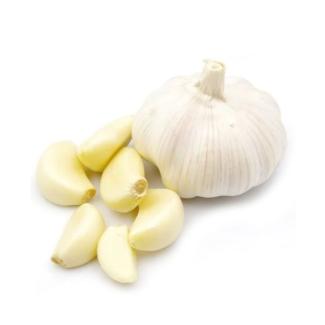
In traditional medicine systems such as Ayurveda, Traditional Chinese Medicine (TCM), and various folk medicine practices, the fenugreek plant has been used for a wide range of health-related purposes. Here are some of the benefits of fenugreek according to traditional medicine:
- Digestive Health: Fenugreek has a long history of use in traditional medicine for its digestive benefits. It is believed to help with indigestion, bloating, and constipation. In Ayurveda, it is used to improve digestion and as a remedy for gastric issues.
- Anti-Inflammatory: Traditional medicine systems often use fenugreek for its anti-inflammatory properties. It is believed to help reduce inflammation and provide relief from conditions associated with inflammation, such as arthritis and joint pain.
- Respiratory Health: In Ayurveda and traditional Chinese medicine, fenugreek is used to address respiratory issues. It may be used to alleviate symptoms of conditions like bronchitis, asthma, and congestion.
- Blood Sugar Regulation: Fenugreek seeds have been used in traditional medicine to help regulate blood sugar levels. They are thought to be particularly beneficial for individuals with diabetes.
- Cardiovascular Health: Fenugreek may have a positive impact on heart health according to traditional medicine. It is believed to help lower cholesterol levels and reduce the risk of cardiovascular diseases.
- Galactagogue: Fenugreek seeds and leaves are used as a galactagogue in traditional medicine. This means they are believed to stimulate milk production in breastfeeding mothers.
- Aphrodisiac: In some traditional systems, fenugreek is considered an aphrodisiac and is used to enhance libido and sexual vitality.
- Anti-Aging: Fenugreek is used in some traditional practices for its potential anti-aging properties. It is believed to promote youthful skin and overall vitality.
- Wound Healing: Fenugreek has been used topically in traditional medicine for its potential wound healing properties. It is believed to promote the healing of cuts and minor wounds.
- Kidney Health: In TCM, fenugreek is used for its potential benefits in maintaining kidney health and preventing kidney disorders.
- Menstrual Health: Fenugreek is sometimes used in traditional medicine to address menstrual discomfort and irregularities in women.
It's important to note that while fenugreek has a long history of use in traditional medicine, the scientific evidence supporting many of these claims may be limited or inconclusive. Before using fenugreek for any medicinal purposes, it's advisable to consult with a qualified healthcare practitioner, especially if you have any underlying health conditions or are taking medications, to ensure its safety and efficacy for your specific needs.






